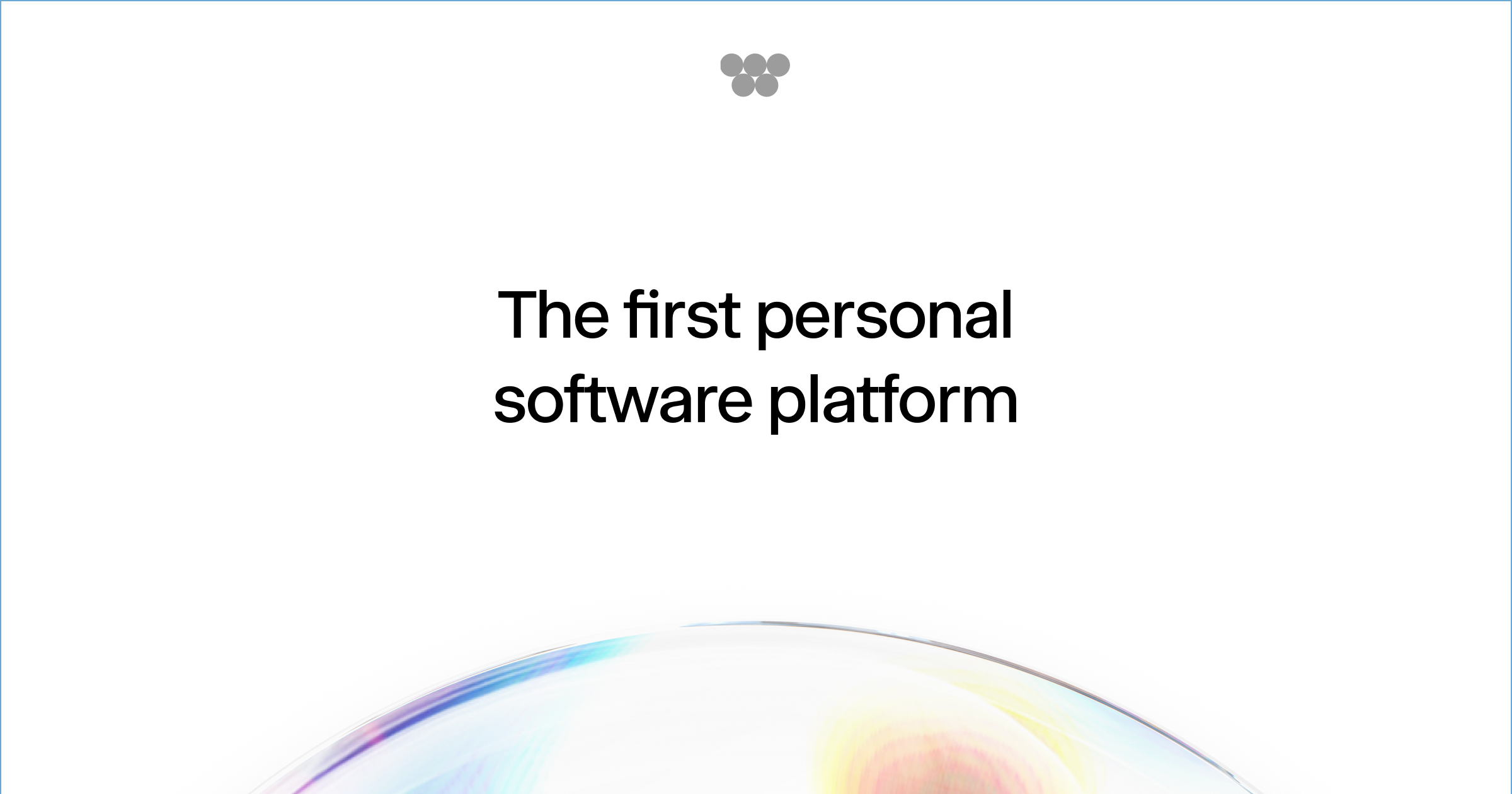Inside Wabi No-Code Platform: How Eugenia Kuyda Empowers Users to Build Personalized Mini-Apps

Replika Founder Eugenia Kuyda Unveils Wabi: No-Code Platform for Personalized Mini-Apps
Eugenia Kuyda, the entrepreneur behind Replika, has launched Wabi, a groundbreaking no-code platform that enables users to build personalized applications without technical expertise. This announcement marks a significant shift in how individuals interact with software, moving away from one-size-fits-all solutions toward truly individualized digital experiences. Wabi is currently available through a closed beta, with interested users able to join a waiting list through the official website.
The platform represents Kuyda's vision of democratizing app creation, allowing anyone to design tools tailored to their specific needs and preferences. Unlike traditional applications built for mass markets, Wabi emphasizes personalization at every level. The system is designed to make software creation accessible to non-developers while maintaining sophisticated functionality.
Intelligent Adaptation and Memory
Wabi distinguishes itself through what the team describes as intelligent adaptability. The mini-apps created within the ecosystem actively learn from user behavior, adjusting their functionality to match individual styles and habits over time. This learning mechanism ensures that each application becomes increasingly personalized the more it's used.
The platform incorporates memory capabilities, allowing apps to recall previous interactions and context. This feature enables continuity across sessions, creating a more cohesive user experience. Additionally, Wabi integrates with social connections, opening possibilities for collaborative features and shared experiences within custom applications.
Community-Driven Innovation
A core component of Wabi's design philosophy centers on sharing and remixing. Users can distribute their created apps to others, fostering a community-driven ecosystem of innovation. This approach allows individuals to build upon existing ideas, iterating and customizing applications to suit different needs.
The remixability feature transforms app creation from a solitary activity into a collaborative endeavor. Someone might create a productivity tracker, while another user could adapt that same foundation into a wellness journal or habit-tracking tool. This flexibility encourages experimentation and rapid prototyping.
Philosophy Behind Personalization
The team articulated their guiding philosophy: "We choose our clothes, music, and furniture. But apps? They're built for everyone—for billions—not for each of us." This statement captures the fundamental problem Wabi aims to solve—the disconnect between personal expression in physical life and digital uniformity.
Kuyda's background with Replika, which focuses on AI companionship and personalized interactions, informs Wabi's approach to user-centric design. The transition from creating personalized AI companions to personalized applications represents a logical evolution in her work. Both ventures share a common thread: recognizing that technology should adapt to individuals rather than forcing individuals to adapt to technology.
Market Implications and Access
The no-code movement has gained substantial momentum in recent years, with platforms enabling non-technical users to build websites, automate workflows, and create databases. Wabi enters this space with a unique angle, focusing specifically on mini-apps that learn and evolve with their users. The emphasis on behavioral adaptation sets it apart from static no-code tools.
The closed beta model allows the team to refine the platform based on early user feedback before broader release. Interested individuals can register for the waiting list through the Wabi website. This phased rollout approach is common among platforms introducing novel interaction paradigms, ensuring stability and usability before scaling.
Technical Architecture and User Experience
While specific technical details remain limited at this stage, Wabi's functionality suggests an underlying architecture that combines machine learning with intuitive interface design. The platform must balance simplicity for creators with sufficient flexibility to enable meaningful personalization. Achieving this balance represents a significant engineering challenge.
The integration with social connections hints at potential collaborative features and data sharing capabilities. How Wabi handles privacy and user data in an ecosystem where apps can be shared and remixed will be crucial to its adoption. The platform must ensure that personalization doesn't come at the cost of security or autonomy.
Future of Personalized Computing
Wabi's launch reflects broader trends in software development, where customization and user agency are increasingly valued. The platform challenges the assumption that applications must be built by professional developers for mass audiences. Instead, it positions end-users as creators of their own digital tools.
The success of this model will depend on several factors: the ease of the creation process, the quality of apps produced, and the vibrancy of the community that emerges around sharing and remixing. If Wabi can deliver on its promise of truly adaptive, personalized applications without requiring coding knowledge, it could influence how we think about software creation fundamentally.
As the platform moves through its beta phase, the technology community will be watching to see whether Kuyda's vision of individualized computing can scale beyond early adopters to mainstream users.
